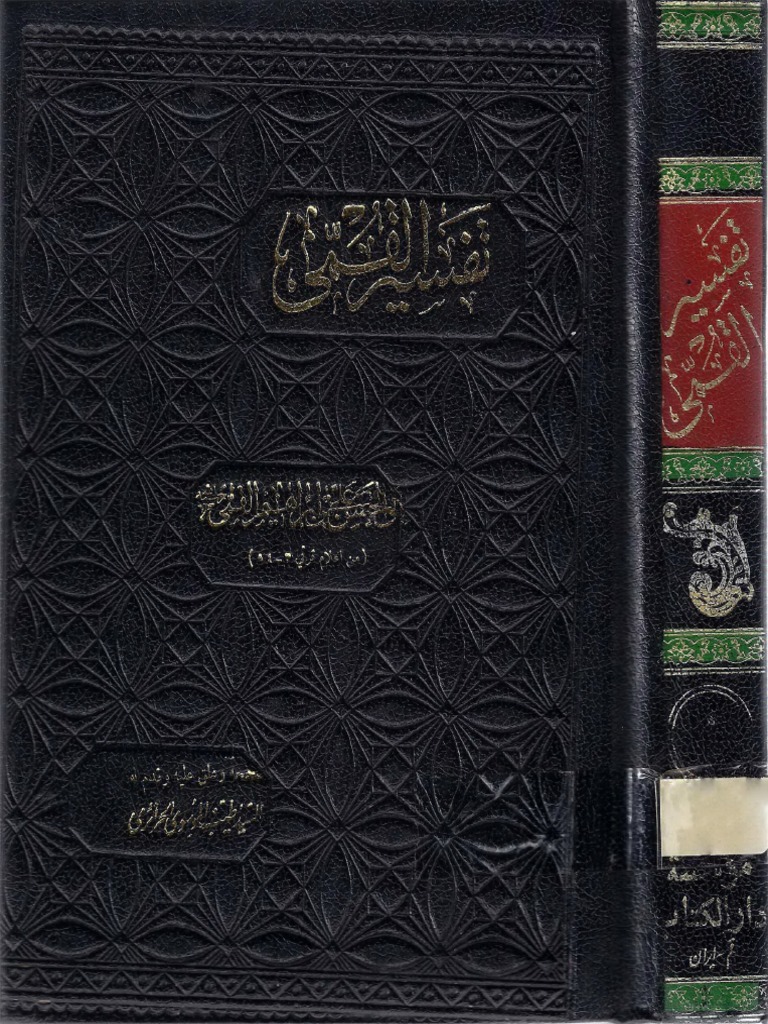One of the prevalent themes in “Tafsir al-Qummi” is the concept of divine justice. Al-Qummi meticulously analyzes verses that speak to God’s justice and mercy, articulating how these attributes manifest in human experiences. His discussions often reference the historical injustices faced by the Shia community. This perspective not only resonates with the lived realities of his contemporary audience but also fortifies the enduring relevance of these teachings for future generations. Through this lens of historical consciousness, al-Qummi compels readers to confront the injustices of their own times, prompting a critical engagement with social ethics as delineated in the Quran.
Another salient aspect of “Tafsir al-Qummi” is its profound exploration of the eschatological themes present in the Quran. Al-Qummi’s interpretations of verses related to the Day of Judgment often serve to instill a sense of accountability and moral urgency in his audience. By elucidating the descriptions of paradise and hell, he compels readers to reflect upon their actions in a manner that goes beyond dogmatic adherence to the faith. Such reflections resonate with the Shia emphasis on moral accountability and the quest for an ethical life, thus enhancing the work’s appeal as a guide for spiritual growth.
The structural organization of “Tafsir al-Qummi” also merits attention. Unlike many tafsirs that may present a fragmented analysis, al-Qummi’s work exhibits a coherent flow that aids comprehension. He often employs a question-and-answer format, allowing for a dialogical engagement that mirrors the intellectual pursuits of his readers. This pedagogical approach not only facilitates understanding but also enlivens the text, drawing the reader into a dynamic conversation with the Quranic message.
Tags
Share this on:
[addtoany]


